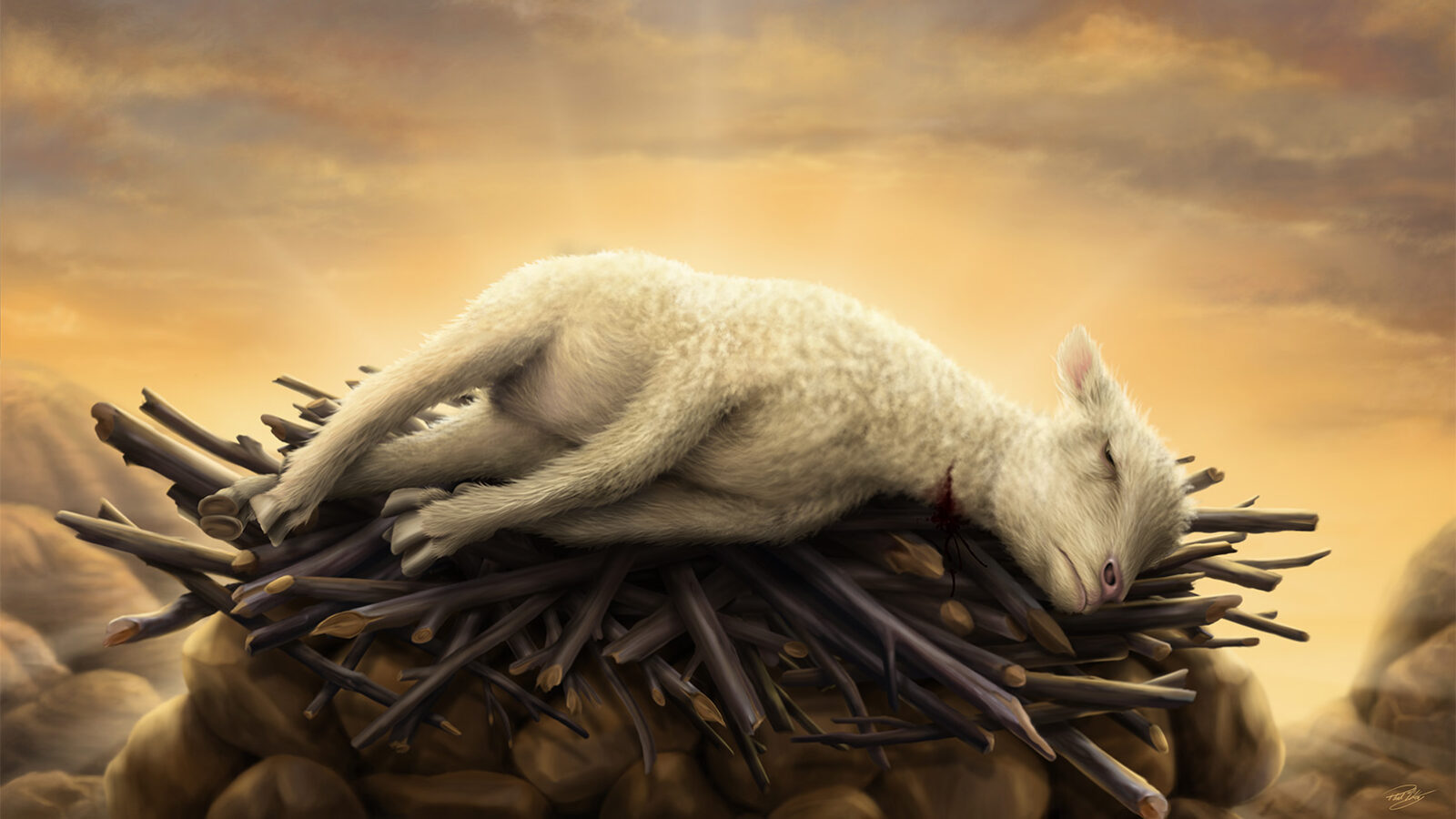As a kid growing up on a farm, there were certain things I was exposed to that my urban friends never experienced. From drenching cattle, bush clearing and digging fencepost holes, country living is rarely as glamorous as TV would have you believe. It did have its perks, though. When I was quite young, my family adopted a rejected lamb. A mischievous little thing, he had a proclivity for making a mess, whether it was in our laundry, kitchen or loungeroom. We also kept chickens who were too old to lay in the local egg farm. We’d occasionally get an egg or two but it was more like a chicken retirement home.
One day we noticed one of the old hens seemed to be in pain. As time went on, she became worse. My father was away at the time, so my mother informed me that as the eldest, it was my responsibility to “put it out of its misery”. I’ll spare you the gory details but suffice to say if you have a 12-year-old of your own, it’s not something I’d recommend.
When we’re confronted with violence, we usually shy away from it. But what about divine violence? The Old Testament God’s seeming willingness to dole out violence upon evildoers, enemies of Israel and even sometimes His own people should challenge our faith. As Christians, what do we make of it?
The story of Noah has been particularly difficult for me. It’s a familiar story—because of evil on the earth, God wipes from existence every living thing in a cataclysmic flood. Only Noah, the “only living blameless person on earth at the time” and his family are saved, along with a zoo’s worth of animals. But what I’d like to focus on is God’s morality in the entire incident. Was He justified in His actions to destroy all living things, save those on the ark? There’s a deeper story running through the narrative—it’s not explicit, but we are given clues.
Genesis 6:5 informs us that every person’s thoughts were continually evil. In Genesis 6:11,12 we see that the earth, aside from being evil and violent, was also corrupt (possibly linked to the curse on the earth found in Genesis 3:17–19 and Genesis 4:10–12). Therefore we have a twofold problem: (1) humans are selfishly and violently abusing God’s good order and (2) their evil is having a corrupting influence on the earth itself. The subtext here is that humans are not only doing bad things; they’re undoing God’s Creation in the process. The world is slowly coming apart at the seams and like a terminal disease, it will be painful, horrific and slowly drawn-out. God’s response is to accelerate the process of de-creation. He utilises both the waters in the sky and waters in the deep (references to pre-creation) to bring about the end more quickly. God is putting Creation “out of its misery”. But the question remains: are God’s actions justified? While I’m certainly not qualified to pass judgement on God Himself, I do have two thoughts.
(1) Resolving violence with violence doesn’t solve violence. Yes, I know that’s a confusing phrase, but I think it’s important to point out that God isn’t angry, just hurt. Genesis 6 expresses His pain and sadness. In fact, His difficult decision to destroy all life is a direct result of the violence that has infected the entire living world. When the floodwaters recede, everyone leaves the ark and Noah makes a sacrifice. God remarks to Himself that He will never curse the ground nor destroy all life, even though “everything they (humans) think or imagine is bent toward evil from childhood” (Genesis 8:21). Even at the end of the story, God muses that though the old world has been wiped away, humans will continue the tradition of selfishness and violence.
(2) Humanity needs a solution to end violence permanently. The flood may have solved the immediate problem, but as the proceeding stories of the Old Testament illustrate, humanity needs a more permanent solution. Thankfully, we’re provided this solution in the person of Jesus. In Genesis, the wicked die in the waters and the righteous ones are spared. With Jesus, the wicked are spared because the righteous one sinks beneath the waters of death. In Genesis, Noah and his family survives by taking shelter in an ark. In His life, death and resurrection, Jesus becomes an ark of salvation, not just for his family, but for all humanity. In Genesis, Noah brings rest to the earth and all its people for a time. Jesus, on the other hand, came to bring rest to all people for eternity.






